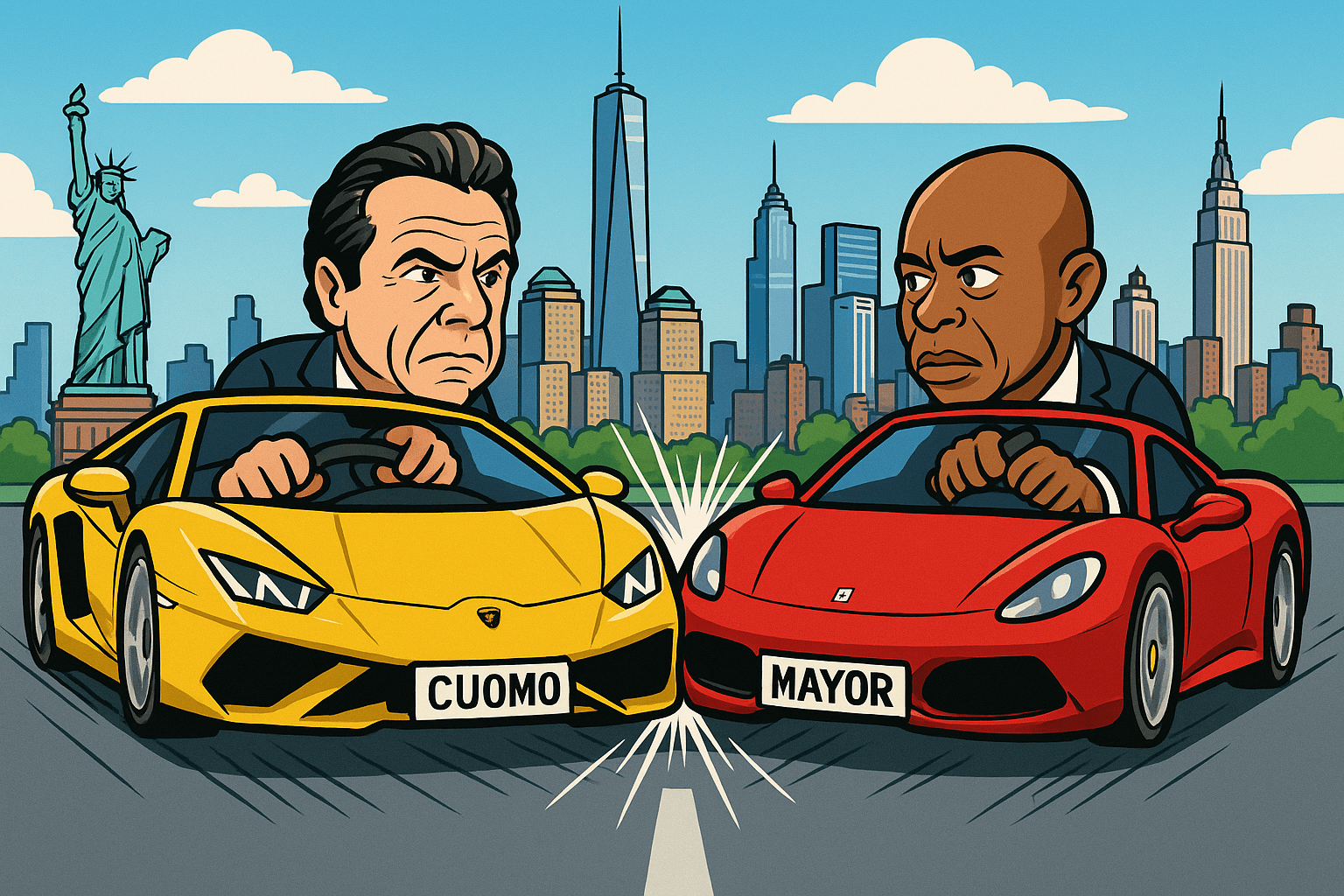Open Primary Totally Partisan

The open primary policyproposed by Sen. Abel Maldonado in the midnight hour of budget talks isnot beneficial to California's independent voters. It does not increasecandidate choice, it does not increase democracy, it will not preventthe budget crises nor will it prevent the Maldanados of the future.
Despite the context in which it was presented, an openprimary will not solve budget impasses. The budget gridlock resultedfrom California's unreasonable requirement for a supermajority for thepassage of budget bills. This requirement has brought California to thebrink of fiscal collapse before and, regardless of who is in thelegislature, it will occur again unless the system is modified.
The alleged relationship between budget impasses and anopen primary is that moderate candidates might have agreed to a budgetearlier, and an open primary could produce more moderate candidates.The problem of the supermajority is not connected to moderacy; in thefuture, a small group of moderates could hold out just like theRepublicans did this time. Indeed, this budget impasse occurred under Gov. Arnold Schwarzenegger, one of the most moderate Republicans to everhold the California governorship. The budget issues are emphaticallytied to the supermajority requirement, not to a general flaw withpartisan primary system.
Revisiting the hypothesis that an open primary yieldsmoderate candidates: it is an unfounded hope. An open primary actuallyallows for more partisanship. Currently, the top Democrat, Republican and third party candidates normally appear onCalifornians' ballots for state and congressional elections. In an openprimary, only the top two winners become candidates. This meansthat in districts where Democrats or Republicans are the minority,entire parties may not be on the ticket at all. A ticket could consistsof all Republicans, all Democrats or all unaffiliated as long as theywon the top two most votes. This worsens the plight of independent voters, who already feel hamstrung between only two choices. How aboutone choice? Cutting out the minority voice in certain districts hurtsdemocracy there and will discourage turnout.
Beyond this, the open primary allows for partisan sabotage.Republicans can vote for the weakest Democrats, and Democrats for theweakest Republicans. This increases the likelihood that Californianswill get stuck with two incompetent choices born of bitter sabotagevoting, currently blocked by party based primaries. Republicans areexperts on Republicans; Democrats on Democrats. Party based primariesdo not reduce democracy or produce extremism; rather, they encouragethe candidates with the most sophisticated views within their partiesto win. Additionally, partisan candidates are always forced to thecenter when they run in the general election after the primary. Whatthe open primary suggests is two general elections. This model isunlikely to advance policy.
It is easy to understand why open primaries appeal toindependent voters, especially when Republicans do not allowindependent votes in primaries (though Democrats do). Many independentvoters are not amicable to committing to a party, or their beliefs falloutside the standard deviations of just one party. In this context,voting for a party-less candidate appears good, though it is notactually good. The true solution for independent voters is ironic;independent voters should strengthen their own party.
Being an independent voter does not mean being withoutconviction. Independent voters typically hold distinct values; they areoften more moderate, but incorporate a higher rate of libertarianvalues, also mixing in values from both liberal and conservativeheritages. Independent voters should put their democratic efforts intostrengthening the independent party into one that can put forth acompetitive candidate in a partisan primary system. Independents needto provide a true independent candidate, not a partisan candidateposing as moderate to win, the open primary model.
The hope that an open primary will somehow shortcut thehard democratic effort required of independent voters to see theirviews realized is foolish. Independent voters deserve realrepresentation, not just Republican or Democratic candidates dilutingtheir partisan platforms to win maximum votes in an open primary. Wemust refuse seductive but misguided policies like an open primary infavor of the hard work of democratic participation via party basedprocesses that safeguard the voices of the minority.



